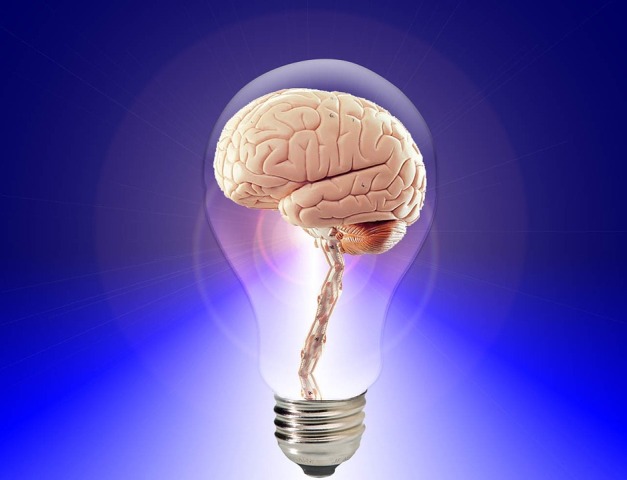The past we remember, remembers with varying degrees of clarity: US Study

- Country:
- United States
Like old photographs, the visual quality of our memories declines over time, according to a study. When people remember the past, they remember it with varying degrees of clarity. Sometimes people remember lots of details about an event as if they are reliving the moment as it happened, said Maureen Ritchey, an assistant professor at Boston College in the US. Other times, it seems like the memory has faded, and the details are fuzzy, according to the study published in the journal Psychological Science.
Previous research has shown that emotionally significant events -- like a car accident -- are remembered more vividly than everyday events. "We wanted to know whether this feeling of memory vividness is related to not just what is remembered, but how it is remembered -- the visual quality of the memory," Ritchey said in a statement.
She said people reported changes to their memories akin to using a filter to edit a picture. "A simple analogy is what happens when you post a photo on Instagram. You are cued to apply a filter that changes the brightness or colour saturation of the image," Ritchey said.
In three experiments, participants studied emotionally negative and neutral images that varied in visual quality -- luminance and colour saturation. They then reconstructed the visual qualities of each image in a subsequent test.
The findings revealed that memories were recollected as less visually vibrant than they were encoded, demonstrating a novel memory-fading effect, the researchers said. Negative emotions subjects experienced when viewing the images increased the likelihood that images would be accurately remembered but did not influence memory fading.
In addition, subjective ratings of memory vividness were lower for less accurate memories and for memories that had visually faded, the team found. These findings provide evidence that the vibrancy of low-level details -- such as colours and shapes associated with an event -- fade in memory while the gist of the experience is retained.
People may remember going to a music festival and watching their favourite band, but the intensity of that sensory experience, including the bright stage lights and strength of the bass, will slowly fade. "We found that memories seem to literally fade: people consistently remembered visual scenes as being less vibrant than they were originally experienced," said post-doctoral researcher Rose Cooper.
"We had expected that memories would get less accurate after a delay, but we did not expect that there would be this qualitative shift in the way that they were remembered," Cooper said. The fading effect happened less for memories that were rated as subjectively stronger. "We were also surprised to find that emotional memories did not influence the amount of fading, only the likelihood with which people remembered the images at all," she added.
(With inputs from agencies.)
ALSO READ
Innominds teams up with Qualcomm to boost Enterprise Digital Transformation速
Five die after entering abandoned well to rescue cat in Maharashtra's Ahmednagar
Earlier known for bandhs, insurgency, NE has made rapid progress in last 10 yrs: Nadda
Northeast, earlier known for bandhs, insurgency, targeted killings, made rapid progress in last 10 years: BJP chief JP Nadda in Arunachal.
Woman burnt to death in Himachal's Una, husband held










